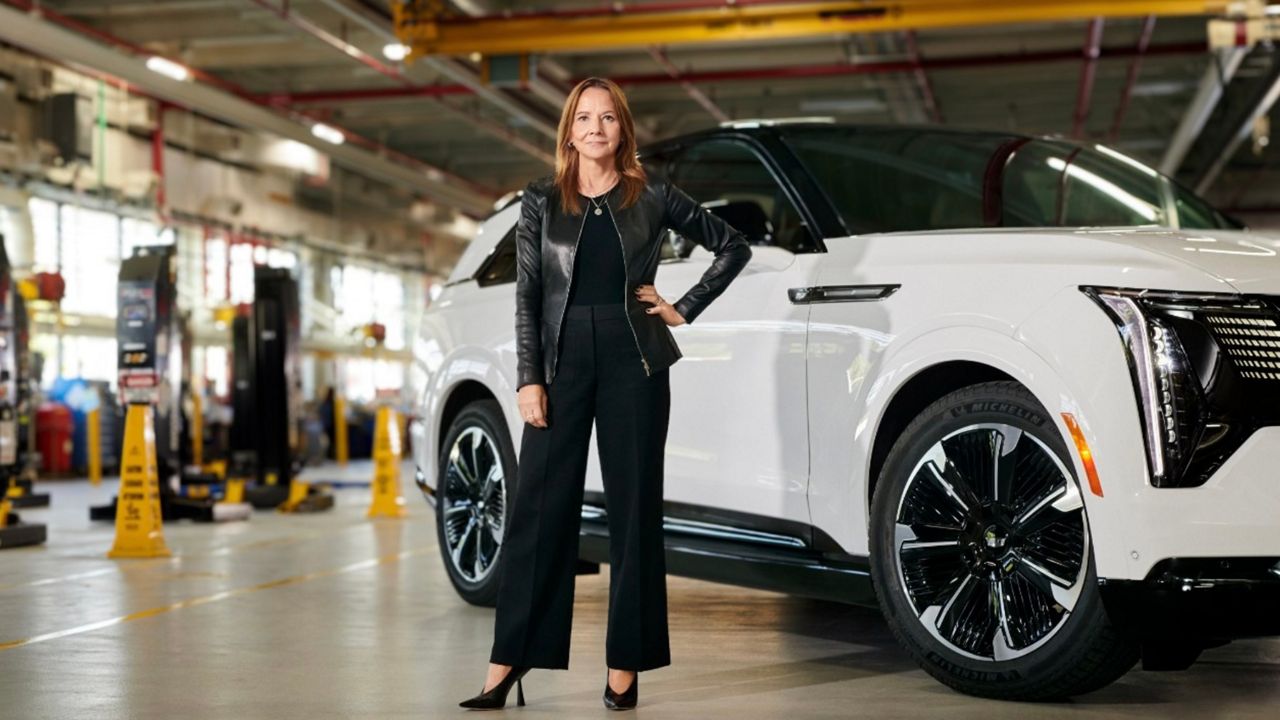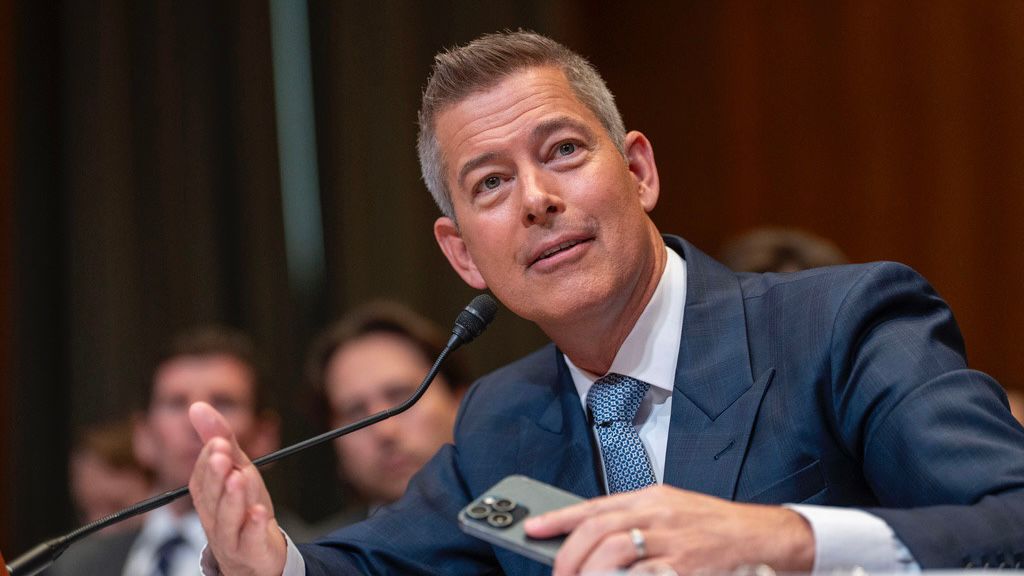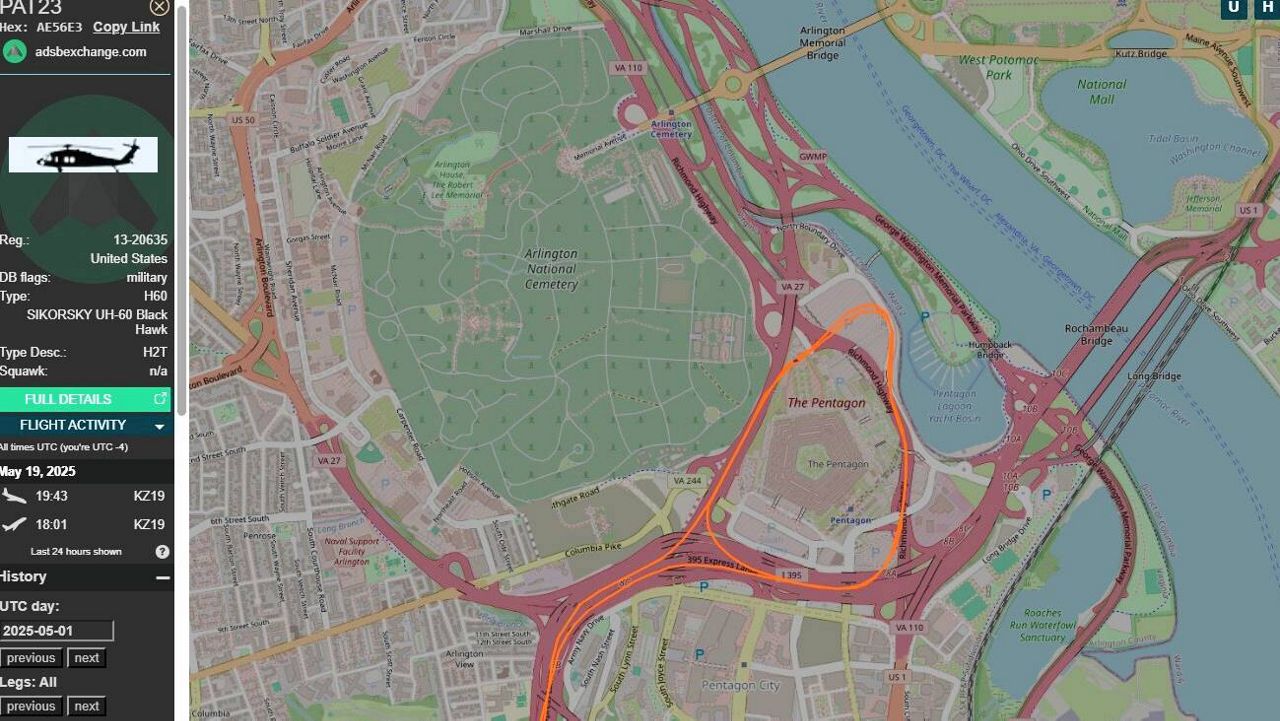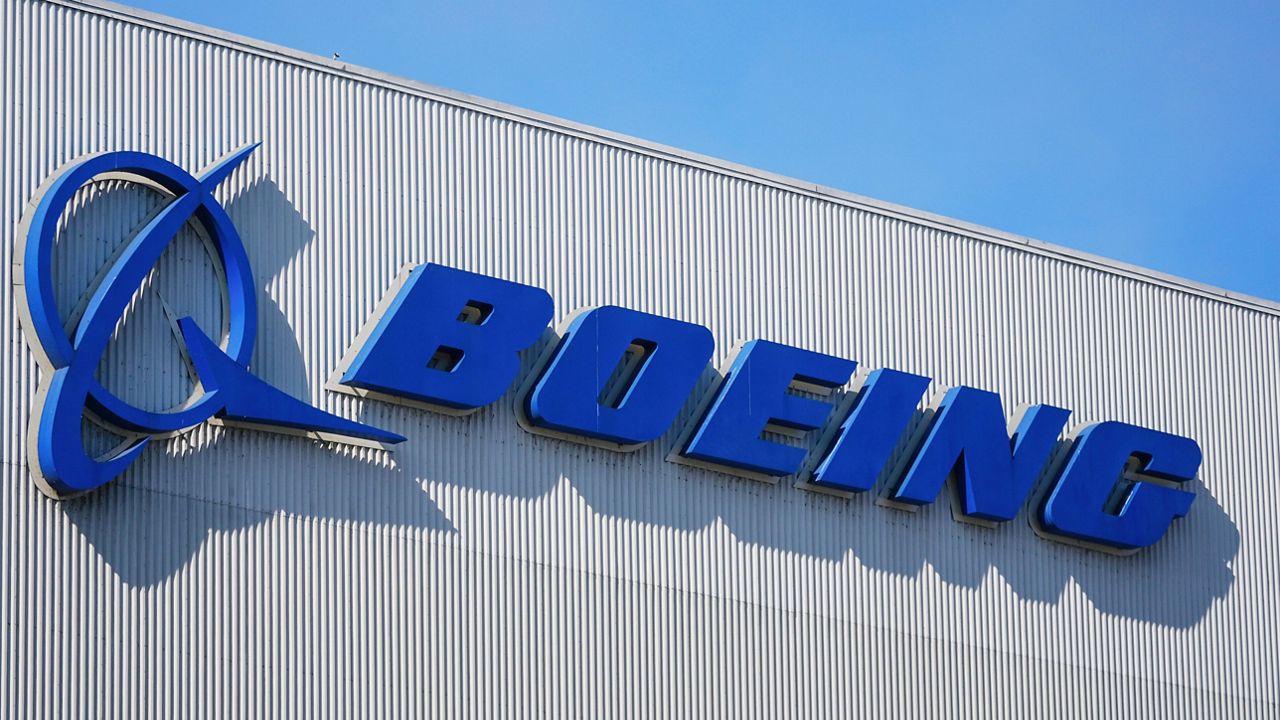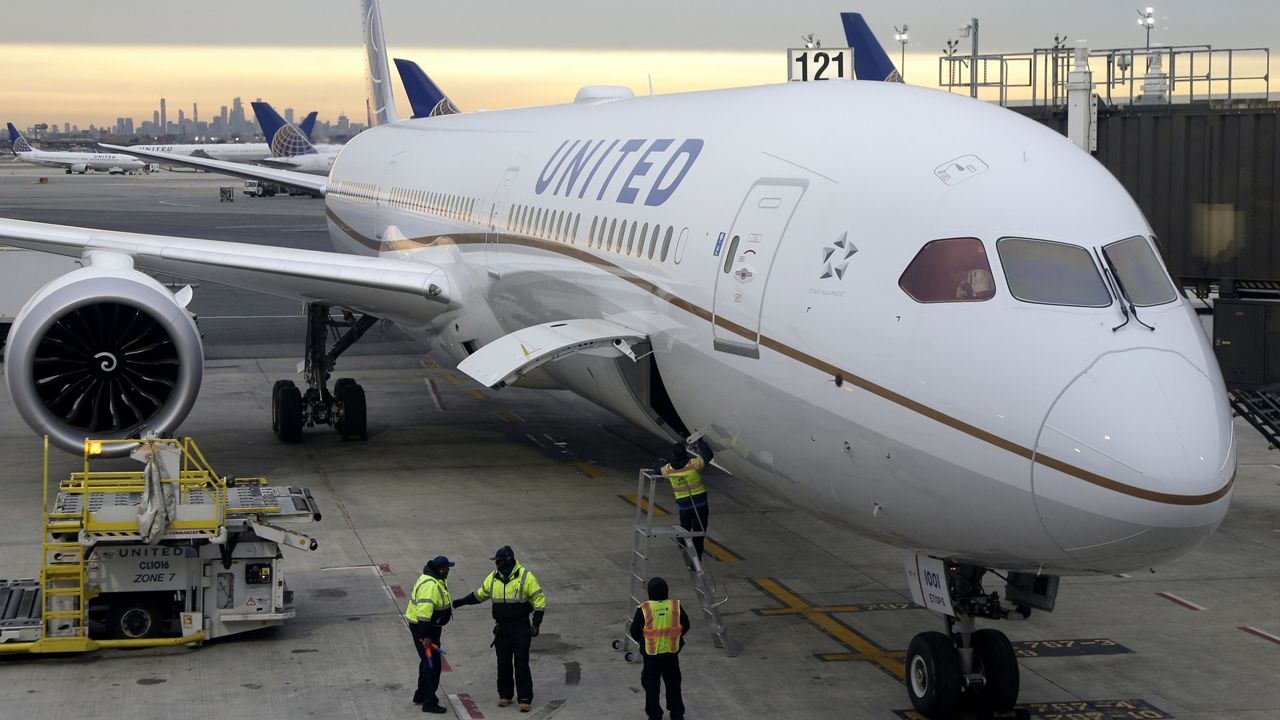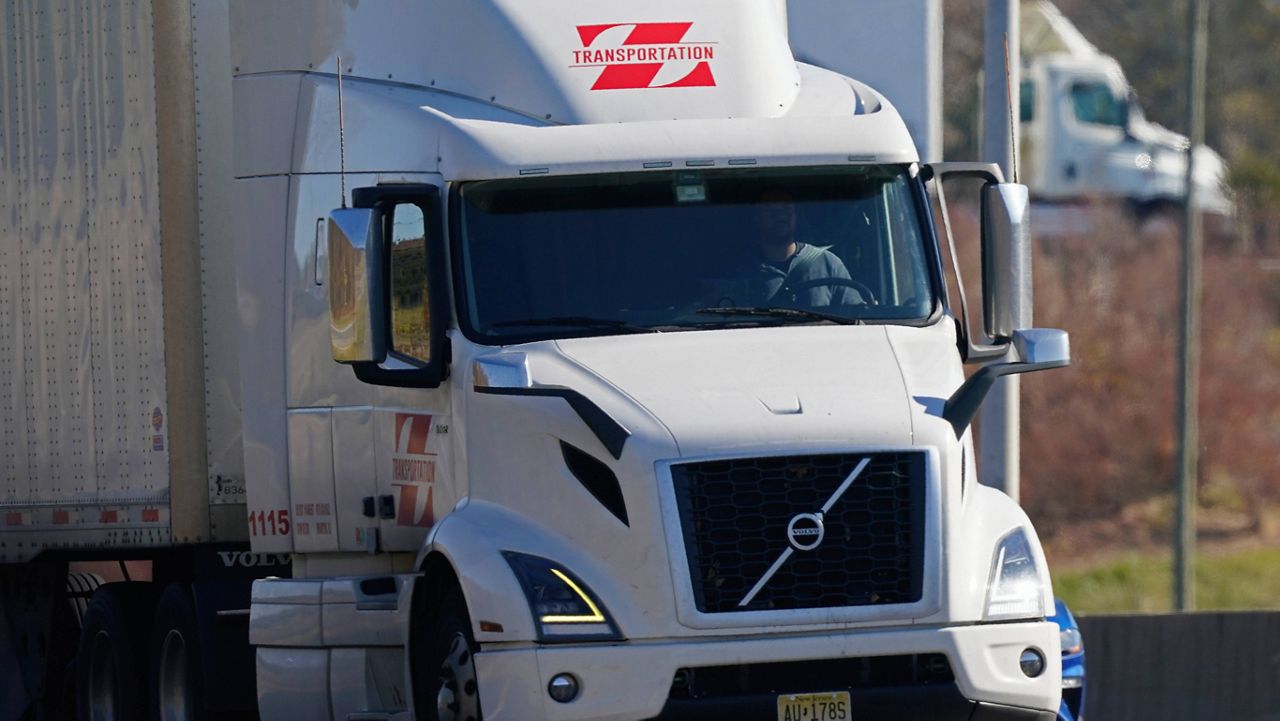EAST LANSING, Mich. — Two days after the U.S. Commerce Department adjusted its import-tax policy for U.S.-made vehicles, a new analysis says car prices will still increase by at least $2,000 because of the Trump administration’s tariffs.
Some vehicles could see prices increase by more than $15,000, according to the new report from the Anderson Economic Group.
“The adjustments provide significant and beneficial softening of the cost impact of these tariffs, at least for U.S.-assembled vehicles,” the study’s lead author, Patrick L. Anderson, said in a statement. “However, the cost is still substantial for most American cars and trucks.”
On Tuesday, a senior Commerce Department official said all car companies that complete assembly of their vehicles in the United States are able to claim 3.75% of a domestically made vehicle’s price as a tariff offset for one year and 2.5% of the price for a second year to allow automakers to reshore parts manufacturing. The goal was for a U.S.-made car with 85% domestic parts to effectively be tariff free.
But the AEG report found the new offsets do not eliminate tariff costs from any vehicle it studied.
The estimates are based on AEG’s prior tariff policy work, the Trump administration’s March 26 25% foreign-made auto tariff proclamation, Tuesday's auto tariff offset announcement and other industry information. The group specifically looked at models from Audi, BMW, Chrysler, Ford, General Motors, Honda, Kia, Tesla and Toyota that are assembled in North America, as well as models from Audi, Jaguar Land Rover, Mercedes-Benz and Toyota that are made in Europe and Asia.
Even vehicles made in the U.S. with the fewest imported parts will see a tariff burden of $2,000 to $3,000, the report found. The Honda Civic, Honda Odyssey, Chevy Malibu, Toyota Camry Hybrid and Ford Explorer are all expected to see such a price increase.
Vehicles assembled in the U.S. with slightly more imported parts are likely to see a price increase of $4,000 to $8,000, including the Chrysler Pacifica, BMW X3, Ford Bronco Sport, Volkswagen Jetta, Chevrolet Suburban, GMC Yukon and some Jeep and Ram truck models.
The vehicles that are likely to experience a $10,000 to $15,000 price increase from tariffs include full-size SUVs, some battery electric vehicles and cars assembled in Europe and Asia. The Mercedes G-Wagon, the Ford Mach-E, some BMWs and Land Rover and Range Rover models will be most affected, according to the report.
“We do not expect consumers to absorb tariff costs that are still above $4,000 for many models and above $10,000 for luxury vehicles imported from Europe and Asia,” Anderson said.
The average transaction price for a vehicle sold in March was $47,462, according to Cox Automotive.
Even though new car sales increased almost 12% in March compared with a year earlier and were up 10.5% in April, Anderson said the sales surge “confirms that Americans expect prices to go up because of tariffs, and the revised AEG estimates confirm they are right.”




